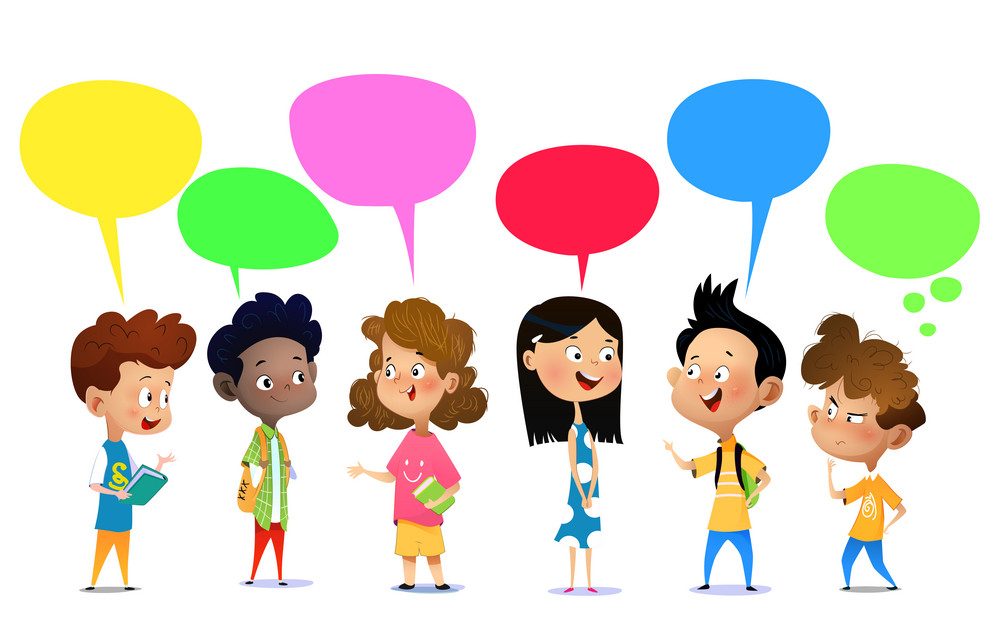
As children acquire language, they may develop sounds in the wrong manner. When there is a noticeable speech sound disorder in children, the most common sign is that people can’t understand the child when they speak. This may be due to one or several of the following reasons. Your child is:
- Substituting sounds (putting one in place of the other like, /f/ for /s/, saying ‘fun’ for ‘sun’).
- Omitting sounds (not producing, saying: ‘daw’ for ‘dog’)
- Adding a sound (that doesn’t belong)
It is important to note that not every speech error is a problem or disorder. It should also be known that accents or dialects are not considered a speech sound disorder.
In some cases these disorders are developmental, in which case children will grow out of them and sounds will evolve typically. In other cases, children will require interventions to target accurate production of speech sounds. Children should be able to accurately articulate most English sounds by 8 years of age; if incorrect productions of sounds perseverate past 8-years-old, children may have a speech sound disorder. However, speech sound disorders can be diagnosed well before 8 years of age. While most sounds in children should be acquired by age 8, some sounds actually develop by 3. Click here to see a breakdown of sound acquisition by age.
WHAT CAUSES A SPEECH SOUND DISORDER:
There may not be a specific cause to all speech sound disorders. In some cases, the speech sound disorders are developmental; children acquire sounds differently and at different times. In some cases, however, a speech sound disorder in children may be caused by:
- Developmental disorders (E.g. autism)
- Syndromes (Down syndrome)
- Hearing loss/chronic ear infections
- Brain damage (head injury, or cerebral palsy)
TESTING AND TREATMENT:
A certified Speech-Language Pathologist can test a child’s speech both in observational/natural settings and with standardized assessments. Along with information gathered from testing materials, the Speech Pathologist will also look at the oral mobility of your child’s articulators including: lips, jaw and tongue.
If a Speech-Language Pathologist determines that treatment is necessary for growth and progress, they may work to treat disordered sound production by:
- Targeting sounds in isolation (focusing on articulator placement and single sounds)
- Sound discrimination (listening for the correct and incorrect versions of a sound, like /w/ and /r/; ‘witch’ for ‘rich’)
- Targeting sounds in different positions in words (initial position, medial position, final position, blended positions)
- Targeting sounds in phrases or sentences
- Targeting sounds in conversation